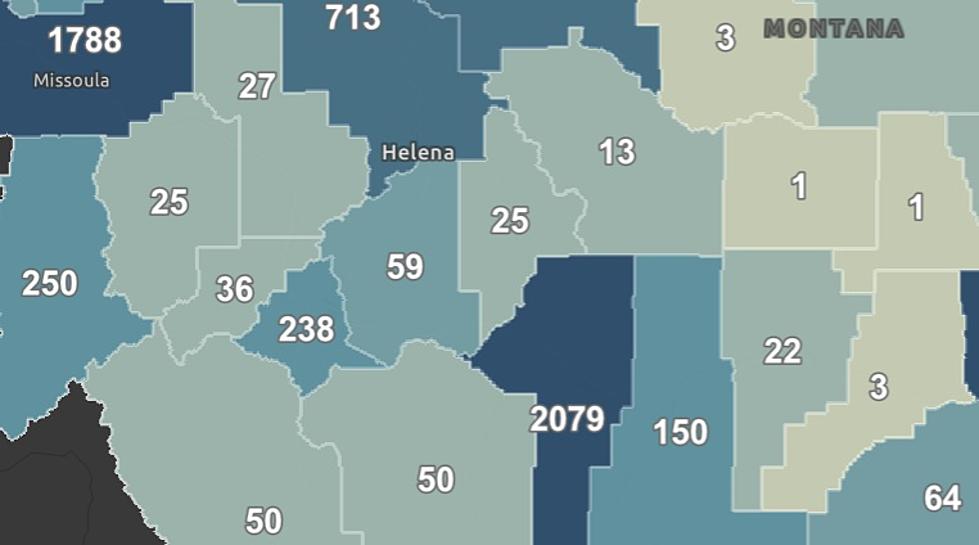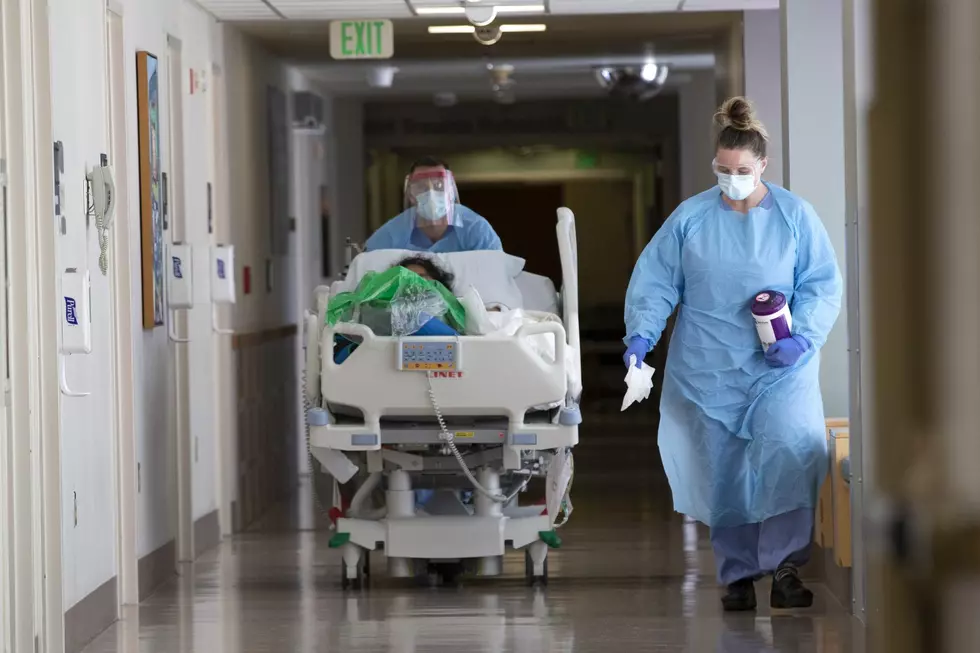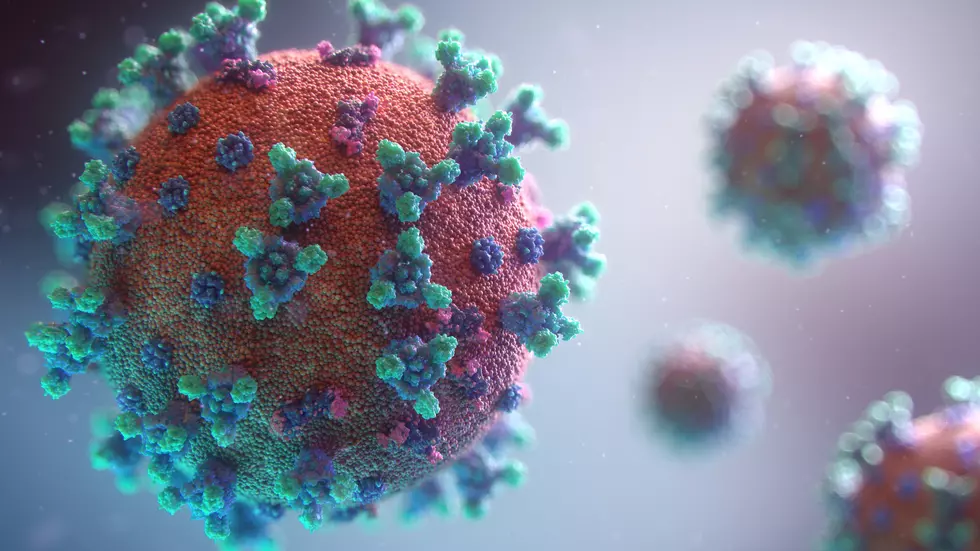
Mental Health Calls Up Considerably As Pandemic Wears On
Help Center 211 is reporting that calls to its crisis lines are up nearly 50% since March. The have also seen a shift in the needs of callers. Prior to the pandemic in March, 82% of callers were looking for help with food, housing, or financial assistance. In April, the crisis line says 60% of its calls were about mental-health related issues.
The shift in calls has caught the attention of mental health providers across the valley, including members of the Southwest Montana Community Organizations Active in Disaster (SWMT COAD) Mental Health sub-committee.
“As a mental health community, we understand the need for our neighbors to access the right care, at the right time,” explains Michael Foust, Area Director at Western Montana Mental Health Center. “We recognize that there are many barriers that discourage people from obtaining assistance until they are at a place of emotional distress or crisis. As a result, our community has created urgent care services to provide immediate access to mental health services and mental health co-responder programs, which we hope will reduce the fear of calling 911. Our mental health needs attending to as critically as our physical health, so we encourage people to seek help without delay.
To deal with the increased need for mental health care during our current COVID-19 pandemic, Bozeman Health, Western Montana Health Center (Gallatin), and 211 Help Center have rolled out a Behavioral Health Urgent Care Center to increase access to urgent healthcare needs relating to mental health.
Community Health Partners has also increased the capacity to offer behavioral health services virtually and in-person to address the increased need for support that this pandemic has brought forth.
The mental health community is doing all it can to support those with mental
health struggles.
“We are here for anyone that needs support. Everyone is experiencing this pandemic differently and we want to be here for whatever situation or emotions they may be facing,” says Mandy St. Aubyn, Help Center Development & Communications Coordinator. “We know reaching out for help can feel scary, but we want callers to know there is a friendly voice and local help on the other end of the line by calling 211.
Help Center 211 is also able to offer helpful guidance to individuals looking to be a
support to a friend, family member or even neighbor in crisis.
“Having conversations about topics such as suicide, substance abuse, depression or other concerns
can feel daunting,” explains St. Aubyn. “We can walk people through how to approach the conversation, assess how involved they can be, and how to get the person of concern connected to help. Community members watching out for each other is vital, especially in times like these.
211 is an information and resource line and crisis response call center answered by Help Center 211 for calls made in the Southwest Montana region. Referrals to the appropriate source(s) of assistance will be made.
More From 100.7 KXLB









